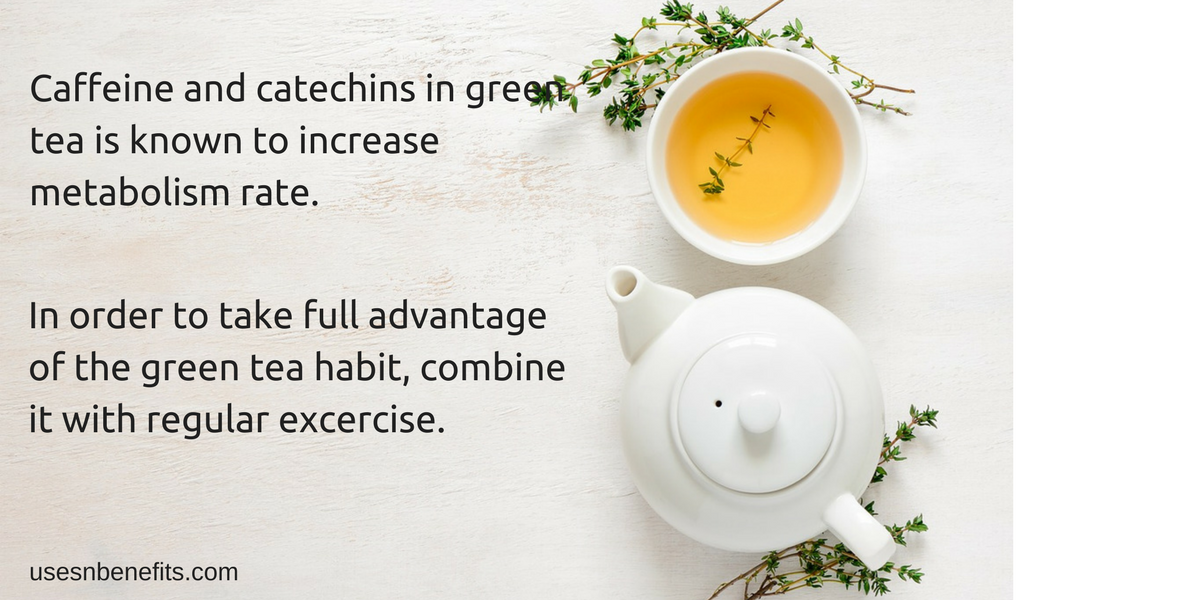To begin with, it would be essential to understand what metabolism means. In plain scientific language, it could be the sum of all those chemical reactions in the body that happen to maintain the living status of cells. It could further be divided into catabolic metabolism, the breakdown of molecules to get energy, and anabolic metabolism, the synthesis of all those compounds after the breaking down of molecules which will be needed by the body’s living cells.
The food or the diet we take in provides the essential starting point for creating the pathways that send the energy needed by the cells. These are counted in calories. The basic chemicals that we get from our nutrition are then sent through pathways that enzymes in our body will decide upon. Enzymes in our body, therefore, are critical as they are the ones that help direct the necessary chemical from the nutrition to activate and charge your cell life.
What does boosting of metabolism mean?
You will reach a certain part in your life when you realize that your weight has “plateaued” – despite there being plenty of changes in terms of exercise and even dietary changes, the needle on the weighing scale does not budge. It simply means that as you grow older, your ability to burn fat gets reduced, and with every passing year, you could be gaining as much as 2 pounds, which by the time you are fifty could add up to almost 40 extra pounds. However, apart from this lament of slowing down of the BMR or the basal metabolic rate, our genetics, age, calorie intake, weight, muscle mass, and gender will also affect our metabolic rate over time.
However, the fact remains that with the slowing down of metabolism with age, there is undoubtedly the threat of gaining weight and its associated complications.

Proponents of Green Tea as a Metabolic Booster
To get into this argument is necessary from the point of view of the beverage itself – what exactly makes this tea so different from other drinks? There are several companies that are selling many of their products with little or no scientific backing on how it actually could assist the change in metabolic rate.As far as green tea is concerned, there are many who are completely convinced of its impact on metabolism and those who look at it a little more skeptically.
If one were to go by the facts presented by the proponents of green tea and its miraculous uses, the answer would be a resounding yes.
Green tea, unlike the fermented black teas, is a more raw form of the wonderful beverage, and while the Western world has been drinking black tea in many different forms, the green unfermented and unprocessed version has been a staple in the Eastern parts of the world, particularly in Japan.
What benefits does green tea have?
- Presence of catechins in green tea helps prevent the absorption of glucose into fat cells. The after meal hike in insulin is regulated by these catechins which remain active for almost 24 hours, and they can inhibit the subsequent absorption of glucose in fat cells. The more insulin in the body we have, the more fat storage occurs.
- Most importantly, a study that was published in the American Journal of Clinical Nutrition says that for a period of 24 hours after reen tea has been consumed, the catechin and polyphenols found in green tea help in increasing fat oxidation, thus increasing the thermogenesis or the fat burning rate of your body. A significant increase has been recorded which confirms the fact that green tea does impact our body’s fat burning capacity.
- Does green tea help one lose weight? Well, the study conducted by the University of Chicago on rats ( and yes, do note: not humans ) goes on to suggest that it did impact the rats who showed a marked difference from those who were not given green tea extract – the ones given green tea extract showed lowering of body fat by 21%.
Contentious Views
While some views suggest that it isn’t the green tea that helps in shedding weight but simply the switch from having a heavy cup of mocha with double cream and sugar in the morning or that tall glass of frappe with loads of calories, sure enough, green tea with lime and any other kinds of flavoring will help shed those unnecessary calories we begin our day with.
Apart from that, there is very little to suggest that drinking green tea alone will help you to suddenly lose weight.
Balancing Out the Truth from the Hype
There is enough evidence, however, to suggest that tea has the added advantage of catechins and polyphenols that activate the digestive action, flushing out those toxins that tend to make our basal metabolism rather sluggish. It is this 5% to 12 % increase that can be derived from drinking green tea that can act as a catalyst in our larger weight loss program. Drinking green tea soon after having your meals helps slow down the release of insulin into the bloodstream, a phenomenon known to cause increase in craving for food, especially sugary foods.
Recent studies have also shown the presence of Epigallocatechin Gallate or EGCG in green tea which is known to be a fat burner. Along with caffeine, it is known to increase thermogenesis.
Drinking green tea has the combined benefits of caffeine and catechins. These substances are known to rev up metabolism. In order to get the full benefit of it, you have to combine the green tea habit with regular excercise. As per a research conducted in Penn State’s College of Agricultural Sciences, rats ingested with greentea extracts and were made to actively excercise did show accellerated results ( 17% reduction in fasting blood glucose level and reduction in insulin resistance of 65% ).
So when you opt for green tea, remember that the myth of it being a catalyst in weight loss isn’t all untrue and there is definite proof that it does aid increasing metabolism, helps suppress sugar craving, suppresses the appetite, and also helps in giving you the best alternative as a beverage to support your weight loss plan. It is so much better than your morning coffee laden with sugars and cream, which in any case is highly acidic in its effect and heavy in calories.
References:
- http://www.news-medical.net/life-sciences/What-is-Metabolism.aspx
- http://www.livestrong.com/article/315926-teas-that-burn-fat-boost-metabolism/
- http://www.ivlproducts.com/Health-Library/Health-Concerns/Weight-Management/How-Green-Tea-Boosts-Metabolism/
- http://www.colonhealth.net/weight_loss/Green_Tea_Increases_Metabolic_Weight_Loss.html
- http://www.npr.org/sections/thesalt/2015/11/10/432727282/will-drinking-green-tea-boost-your-metabolism-no-so-fast
- http://www.prevention.com/weight-loss/diets/boost-metabolism-high-metabolism-diet
- http://health.usnews.com/wellness/articles/2016-09-23/how-much-does-your-metabolism-really-slow-over-the-years
- Ways to boost metabolism
- Research suggests that green tea, exercise boost weight loss, health










